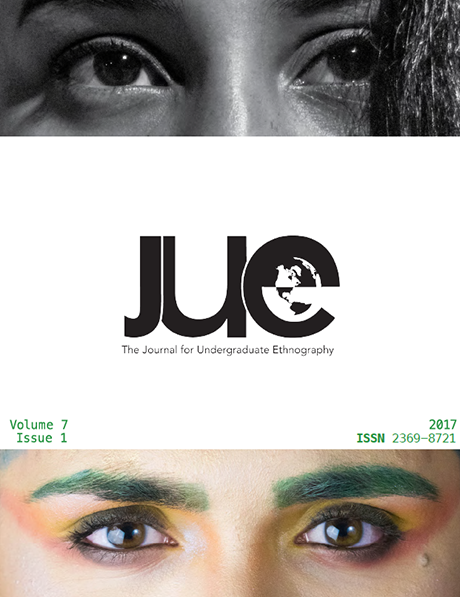The Politics of Palliative Care in Resource Limited Settings
DOI:
https://doi.org/10.15273/jue.v7i1.8408Abstract
Whose lives are valuable? Whose lives are worth living? This essay examines these questions by investigating the ways in which global health development programs deal with palliative care, specifically care for people living with HIV, in resource-limited settings. Through interviews and participant observation, I explore the concept of worth as expressed by a particular funding agency and the Central Hospital Network‘s (CHN) palliative care staff in an Asian country (not specified due to ethical considerations). Based on six months of ethnographic investigation conducted during an internship from February through August 2015 in a palliative care hospital and organization associated with CHN focused on caring for the poor living with HIV/AIDS, I argue that decisions regarding funding for people with incurable diseases are inseparably tied to understandings of whose lives are more valuable than others. I argue that palliative care that seeks to improve the quality of life for persons with life-threatening illness—especially in resource-limited settings—will continue to face barriers to its development as long as it is judged by utilitarian, neoliberal development standards.


